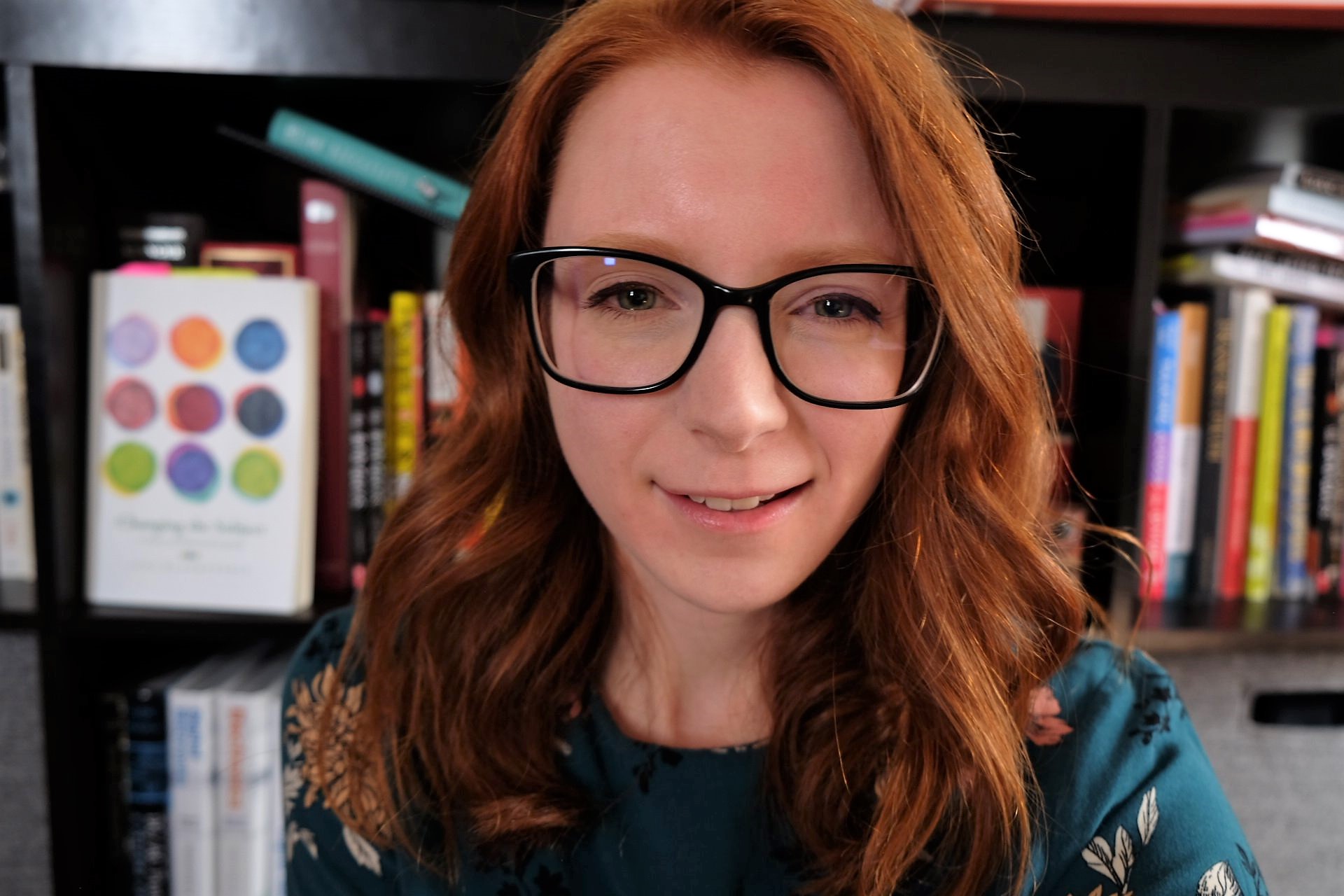
A
s an undergraduate English major and minor in public relations, I wanted to explore what it means to pursue a liberal arts education. There are a lot of things that make up a liberal arts education, and it provides a lot of benefits. Let’s learn about it together.
First, what is a liberal arts education? For me, a liberal arts education is a broad field of study that comprises humanities, arts and sciences. It is a well-rounded education that helps you apply the knowledge you learn in the real world.
What are its benefits? It develops your skills in critical thinking, communication and creative problem-solving skills. But I think most importantly, you develop empathy for others, and you continue to be a life-long learner.
It gives you a well-rounded education. Because you explore and dive into diverse topics that expose you to different concepts and skills, it widens your range of knowledge. With this wide range of knowledge, you become more adaptable in other fields. You are also more willing to be open to new experiences, topics and exposure to so many different things. You don’t know everything in one topic, but you know a little bit in many topics, which means you are more adaptable to different topics.
It also develops critical-thinking skills. For me, it’s such an underrated skill, too. Critical thinking is about carefully analyzing, processing and making sense of information. As a student at NSU, you closely analyze information from the texts you read, process the information, and then can apply it to your own experiences or real-world examples.
Problem-solving Skills
This is important because it helps you cultivate and develop creative problem-solving skills quickly and effectively. If you can analyze a situation and process it to your own understandings or experiences, it will engage you with new ways to solve problems by your own introspections and critical thinking. You can use your in-depth analysis, combined with your experiences and knowledge, to come up with new ideas and become a novel thinker.
These creative problem-solving and critical-thinking skills develop your communication skills. Since you are asked to write your own ideas in papers and present them to your classes, you will learn to expand your communication skills. This is done by practicing active listening, public speaking and engaging with your audience. This is important for the workplace/real world life because you can communicate effectively what you think and feel. It’s equally important to be more aware of how you talk with others, whether you are speaking or writing to someone.
This makes you more empathetic. As a student, by reading a lot of stories about different cultures and diverse topics, you gain a deeper appreciation of other perspectives. You connect with the authors and speakers you engage with. You can understand different perspectives by taking diverse classes. By being empathetic, you become mindful about others with different backgrounds or perspectives, which allows you to engage and grow with others.
Life-long Learning
Lastly, you become a life-long learner. For me, you don’t stop learning after you graduate. A liberal arts education engages you in all these skills that cultivates a growth mindset from the success of broadening your knowledge and understandings of diverse people and ideas. You get a little understanding from so many ideas and fields, and you can easily become interested and go into a specific topic or field if you wish to. You don’t feel like you’ve hit a wall; you get to keep growing and learning.
All these skills make up my education, but that doesn’t mean that they are the only skills I will learn. I’m still a student, after all. That’s why I’m pursing my liberal arts education here at Northern: I continue to expand my knowledge of others, my world and even myself.
-Caitline Blinder, Aberdeen
